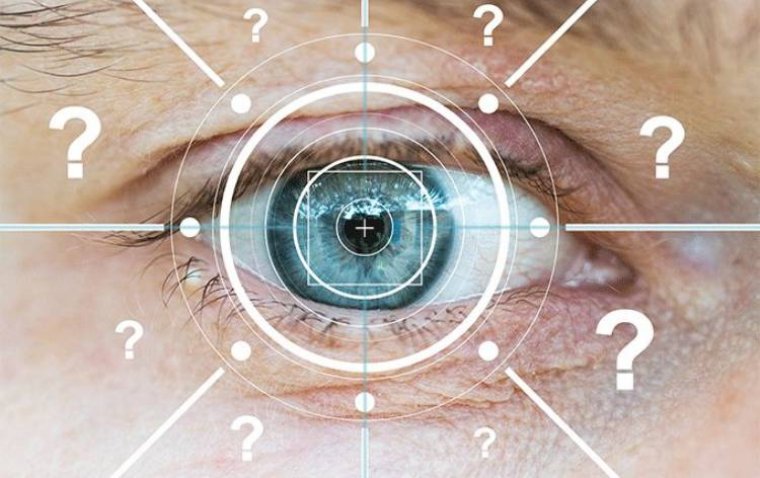Performance matters: Self-prescribing
The LMC is regularly involved in representing and supporting doctors who have been identified as having “performance” issues. The LMC has identified a number of themes which recur, and this regular feature will highlight these, so that our members can avoid these pitfalls.
A case recently involved a GP colleague being reported to NHSE for self-prescribing medication.
There may be circumstances where colleagues have considered prescribing for themselves or have been asked to prescribe for a family member or friend. While, if following otherwise safe prescribing guidelines, this may seem reasonable, it should be avoided unless absolutely necessary as outlined below.
The MDU report that Benzodiazepines, antibiotics and opiates are among the most common medications prescribed in episodes of self-prescribing.
Self-prescribing or prescribing for those close to you.
In GMC guidance on Good practice in prescribing and managing medications it states:
Wherever possible, you must avoid prescribing for yourself or anyone you have a close personal relationship with.
It goes further to state:
If you prescribe any medicine for yourself or someone close to you, you must:
make a clear record at the same time or as soon as possible afterwards; the record should include your relationship to the patient, where relevant, and the reason it was necessary for you to prescribe
You must not prescribe controlled drugs for yourself or someone close to you unless:
- no other person with the legal right to prescribe is available to assess and prescribe without a delay
- emergency treatment is immediately necessary to avoid serious deterioration in health or serious harm.
While colleagues may feel that their experience and access to prescribing helps themselves or an individual or relieves demand on the registered GP practice, it is crucial to protect yourself from performance review and to support independent and safe treatment by avoiding prescribing for yourself or those close to you wherever possible.




